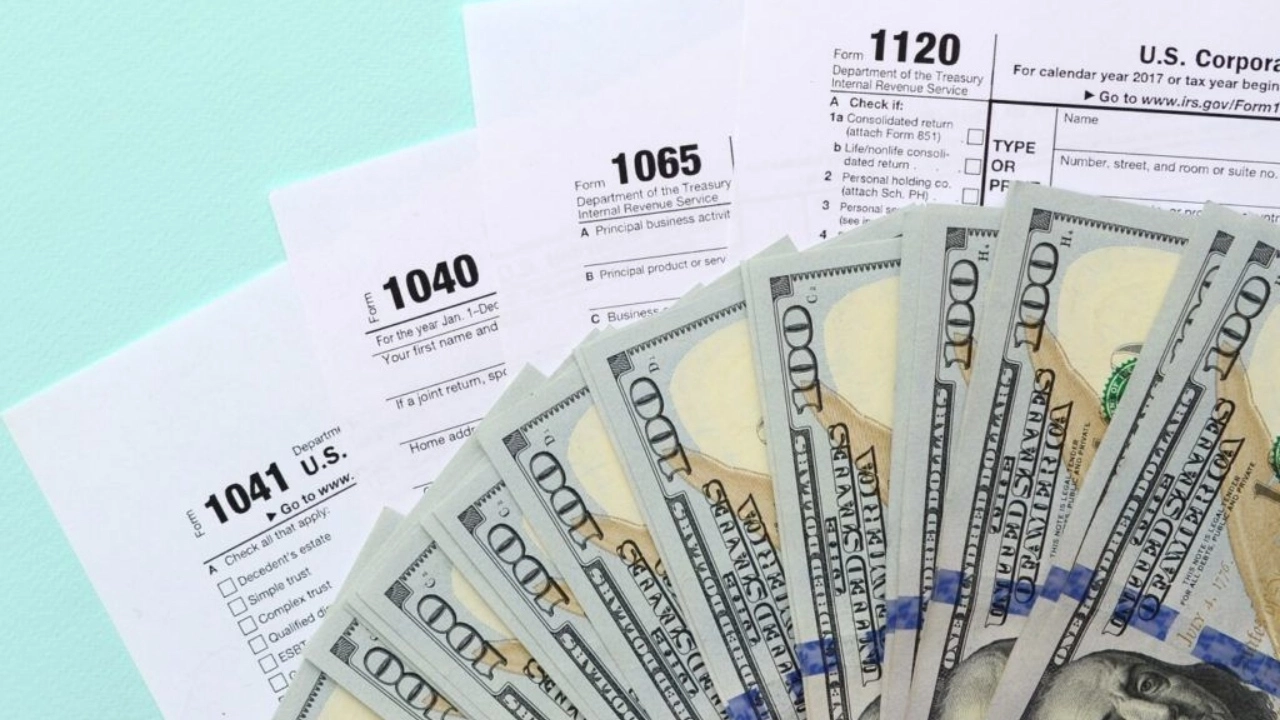Marijuana companies paid more than $1.8 billion in federal taxes in 2022 compared to non-cannabis businesses as a result of U.S. tax treatment of the MJ sector, according to an analysis by industry research firm Whitney Economics.
“This excess is forecasted to increase to $2.1 billion in 2023,” Portland, Oregon-based Whitney noted in a news release.
The excess payments are the result of Section 280E of the federal Internal Revenue Code, a longtime thorn in the side of U.S. marijuana businesses that are legal under state law.
Section 280E prevents companies considered traffickers of Schedule 1 and Schedule 2 controlled substances from deducting business expenses in the same way as other businesses.
That effectively results “in federal income tax liability calculated based on gross income, not net income,” Whitney explained.
Between 2020 and 2030, U.S. marijuana industry taxes paid will equal roughly $65.3 billion including the impact of 280E, according to information provided to MJBizDaily by the research company’s chief economist, Beau Whitney.
The forecast is based on a total revenue forecast of $720.2 billion earned by plant-touching cannabis business over that period.
If Section 280E were abolished, Whitney forecasts total taxes paid of roughly $30.1 billion over the same period, a difference of about $35.2 billion.
“The tax burden is so heavy that only 24.4% of cannabis operators surveyed indicated that they are profitable,” according to the Whitney release.
“This is down from 42% the year prior.”




